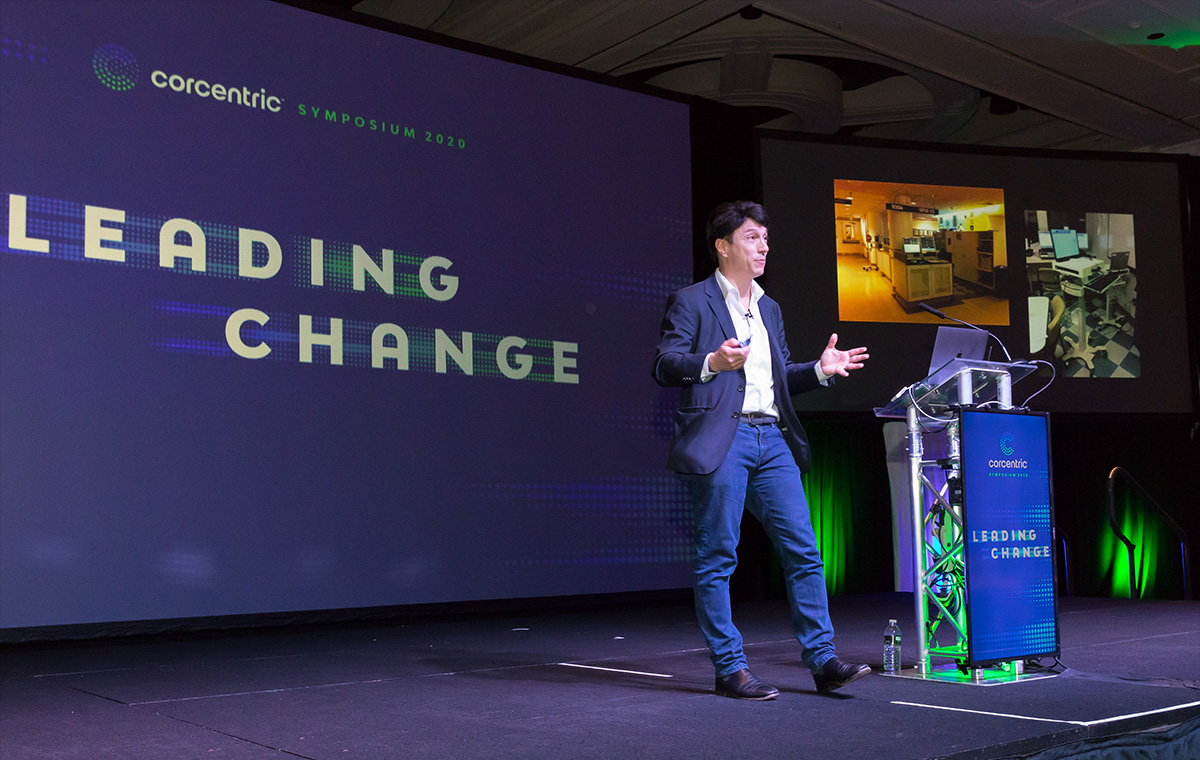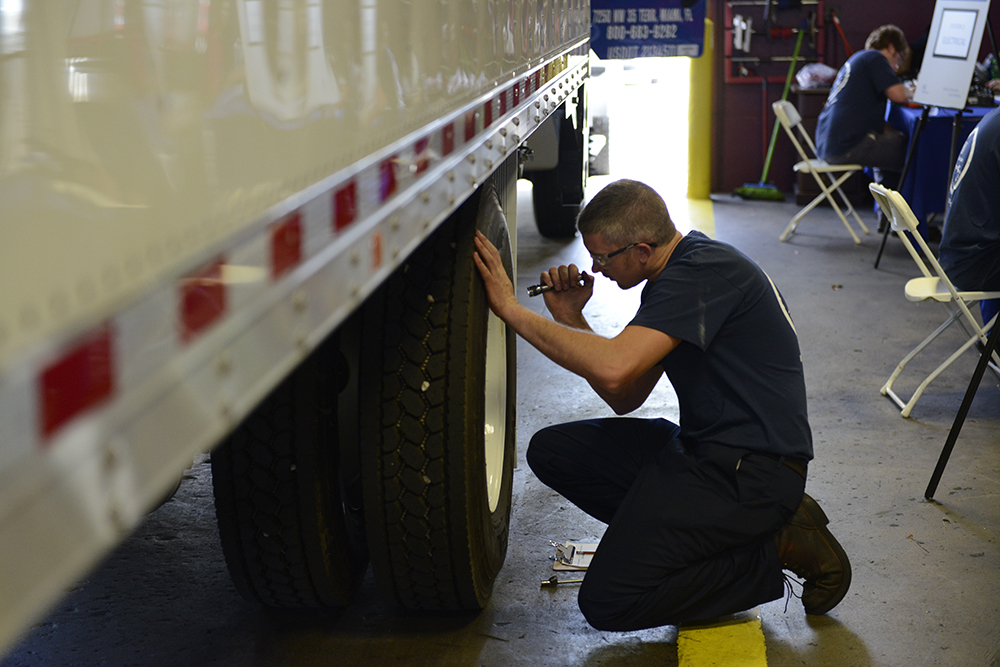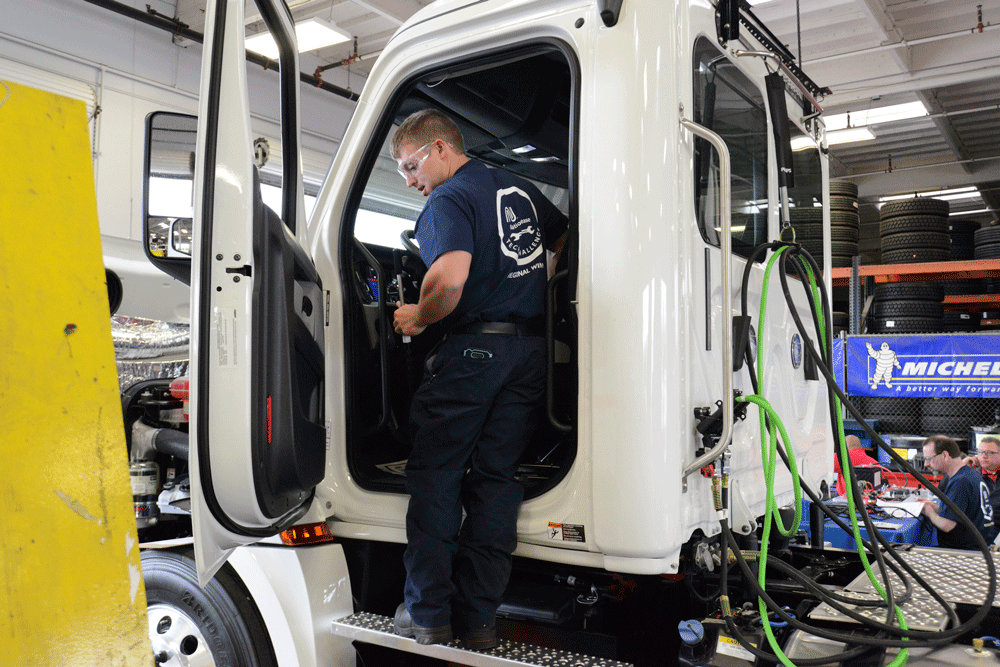At a time when we are all impacted by the pandemic, this may be the perfect opportunity to look at how technology and innovation will improve healthcare in the future.
Before the COVID-19 crisis occurred, I attended an event where one of the main speakers was Dr. Daniel Kraft, founder and chair of Exponential Medicine. According to his biography, this “Harvard and Stanford trained physician-scientist, inventor, entrepreneur and innovator has multiple scientific publications and medical device, immunology and stem cell related patents through faculty positions with Stanford University School of Medicine.”
What made his talk so inspirational (especially when I consider what is happening now) is his belief that there will be a sea change in medicine that will transform what is currently “sickcare” into healthcare. The reality is, even before the coronavirus hit, the health statistics in the U.S. are not positive. We spend more on healthcare than do most countries and that does not necessarily translate into better outcomes. Whether it’s a bad diet, lack of exercise, unhealthy behavior like smoking, much of the problem is self-inflicted.
According to the Commonwealth Fund, the U.S. spends more on healthcare as a share of the economy, nearly twice as much as that of other wealthy countries. In spite of that, we have the lowest life expectancy and highest suicide rates among the 11 nations we are compared to. And we have the highest chronic disease burden and an obesity rate that is two times higher. That translates into a lower life expectancy.
Yet, most of the U.S. population practices “sickcare.” We don’t go to the doctor until we are already sick and that practice accounts for more than 80 percent of healthcare costs. Although these costs can be financially catastrophic for patients, they also have an effect on the companies these sick individuals work for. Sickcare is costly for everyone. Dr. Kraft believes that today’s technology, inter-connectedness, and innovative thought leaders will have a tremendously positive impact, transforming sickcare into true health care. In fact, change is already happening and will continue to do so not because of the pandemic but in spite of it.
What will make the greatest changes going forward are:
- Greater access – Mobile devices and the internet will let those who live in rural and remote areas have access to medical information and practitioners. (This is occurring but on a limited basis)
- Earlier diagnosis – Diseases like cancer, Parkinson’s, and Alzheimer’s will be diagnosed long before symptoms appear, enabling patients to adopt healthier practices and doctors to begin preventative treatments.
- IoT advances – Wearables now allow people to monitor their own health to an extent (think Apple Watch). This will only increase over time as the IoT (Internet of Things) continues to progress.
- Virtual training – Augmented and virtual reality in clinical settings will help guide doctors through procedures and can be used for training purposes.
- Patient as CEO of their own health – Ultimately, more control than ever will be in patients’ hands, and that, along with an increase in reliable data, will hopefully create a healthier population.
It may be hard to consider a bright future when it comes to medicine and healthcare, but as I’ve said before, this crisis will pass. Hopefully, therapeutics and a vaccine will be developed sooner rather than later. When it does, it may be time for all of us to consider thinking about healthcare in a whole new way.





